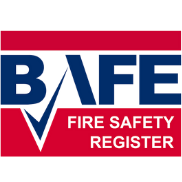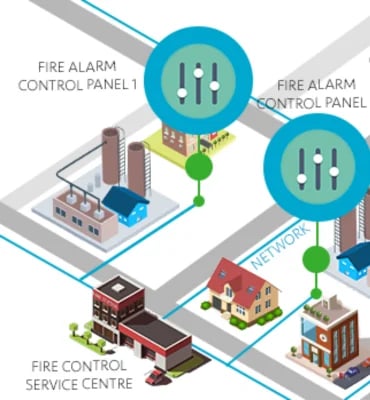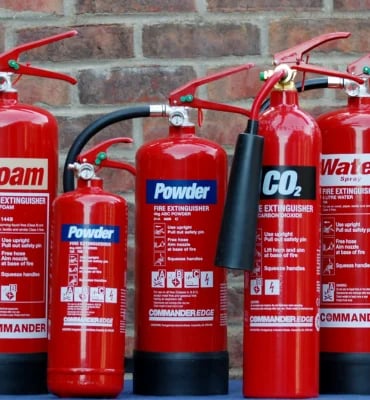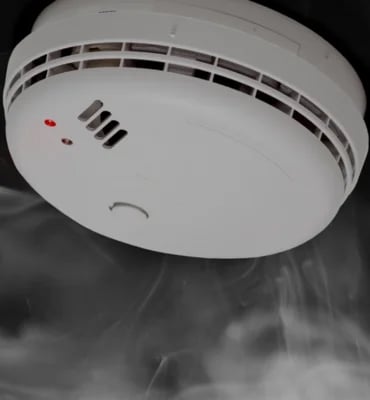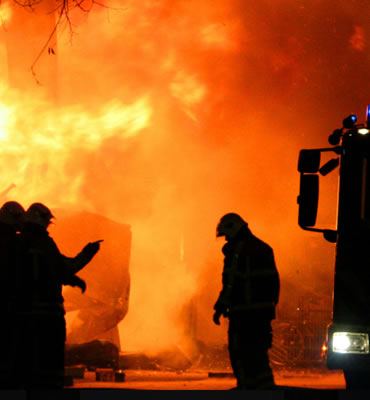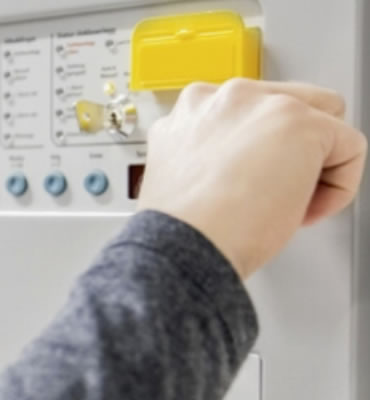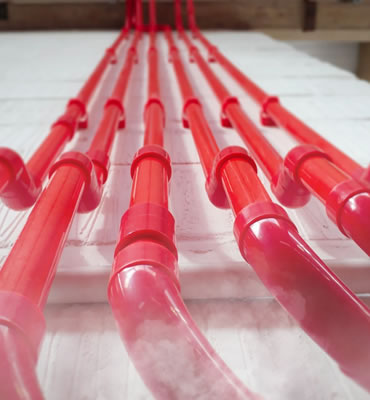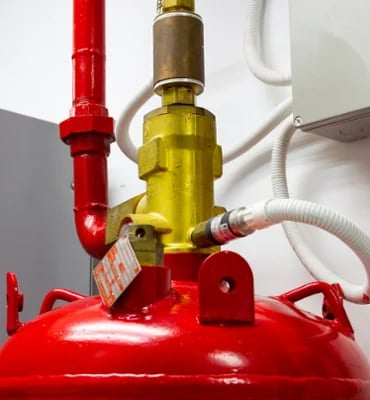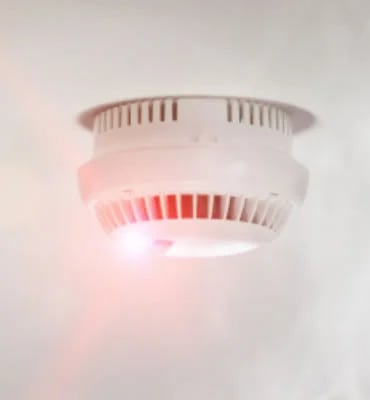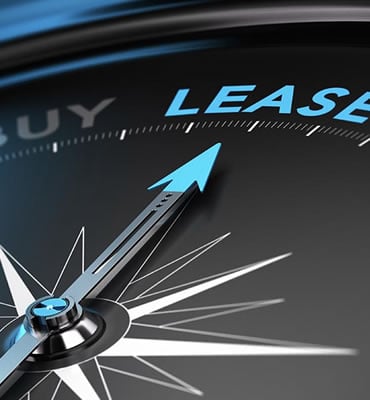Protecting Students & Staff Since 1993
It’s never worth cutting corners when it comes to school fire safety. While routine fire drills and regular alarm testing have hugely reduced the risks, fires in schools still happen, and the impact can be devastating.
If you run a school, it’s your legal duty to take the relevant steps to reduce harm, prevent injury and ensure a safe environment for learning. Chris Lewis Group can help. With over 25 years of experience in the field, we can help schools across the South East to conduct thorough fire safety risk assessments and comply with the latest fire regulations
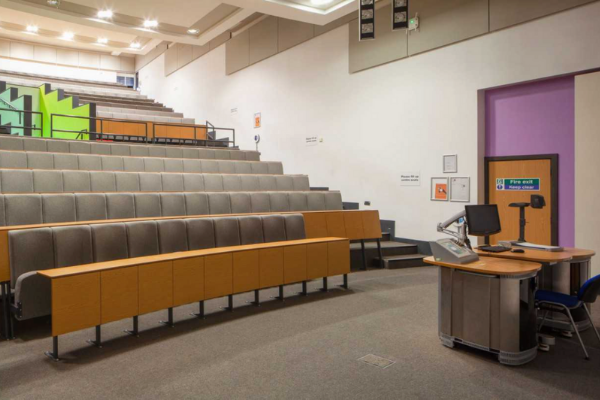
Your Legal Obligation for School Fire Risk Assessments
Fire risk assessments are mandatory for schools, universities and colleges under the Fire Safety (Regulatory Reform) Order of 2005. A ‘suitably competent’ person in any place of education should conduct a risk assessment of the whole school site to rule out fire risk and spot people at particular risk. Those who neglect these duties could face unlimited fines or up to two years in prison.
- Identify fire hazards
- Identify people at risk
- Evaluate, remove or reduce the risks
- Record your findings, prepare an emergency plan and provide training
- Review and update the fire risk assessment regularly

“The service that we have received has been first rate. Chris Lewis Fire & Security has really taken the time to understand our requirements and limitations, and has delivered in every aspect of the work. I now see them as trusted advisors who I won’t hesitate to contact when the time comes to extend or enhance the systems we now have in place.”
"Their engineers provided sound advice and recommendations and made what could have been a very difficult and disruptive process, very smooth and painless"
“Their engineers provided sound advice and recommendations and made what could have been a very difficult and disruptive process, very smooth and painless”
Supporting Schools, Colleges and Universities
With over 30 years of experience in the fire protection sector, our team of experts can come to your campus and conduct a complete fire risk assessment. We will then help you to resolve any challenges we spot, document our findings and support you in delivering effective fire safety training before finally signing off on the fire risk assessment.
Simply looking for someone to complete your assessment? No problem. Whatever you are looking for, our friendly team is always on hand to help. Contact us today to discuss your specific needs.
Connect with our school fire risk assessment experts
Submit the form below and we will get back to you very shortly.
School Fire Risk Assessment FAQs
What is a school fire risk assessment?
A school fire risk assessment is a comprehensive evaluation of educational premises to identify fire hazards, assess risks, and implement measures to ensure the safety of students, staff, and visitors.
Why is a fire risk assessment important for schools?
Fire risk assessments are crucial for safeguarding the well-being of students and staff. They help identify potential fire risks, ensure compliance with fire safety regulations, and develop effective emergency plans.
How often should a school have a fire risk assessment?
We recommend conducting fire risk assessments at least once a year, or whenever there are significant changes to the school's layout, occupancy, or activities.
Who is responsible for conducting your school's fire risk assessment?
The responsibility for conducting the school’s fire risk assessment typically falls on the school leadership, such as the headteacher or governing body. However, it’s essential to engage qualified fire safety professionals to ensure a comprehensive and compliant assessment.
What if my school has multiple buildings?
For schools with multiple buildings, we can conduct comprehensive assessments for each location to ensure all areas are evaluated according to their specific risks and safety needs.
Latest Fire Protection News
Fire Alarm Monitoring: The Benefits and Costs
December 05, 2023Fire brigade callouts rose by over 11% last year, to the highest number in a decade, with UK Fire Services called out over 700,000 times. It seems......
The Types of Fire Extinguisher and How to Use Them
August 24, 2023Fire extinguishers are a crucial piece of fire safety equipment. They can be the difference between a small fire that is nipped in the bud, and one......
Everything You Need to Know About Fire Alarm Systems, Explained
July 27, 2023There’s lots to consider when looking to install or upgrade a fire alarm system. In order to make things a little easier, and to simplify the......
Fire Safety in Schools: Your Responsibilities
October 27, 2022Despite routine fire drills and regular testing, school fires still happen - and they can be fatal. Last year alone, uncontrolled building fires......
Fire Alarm Upgrades: Replacing & Updating Your System
August 18, 2022Upgrading your fire alarm system can be complicated and expensive, especially while carried out in a live building. With newer technology constantly......
Everything You Need to Know About Air Sampling Systems
May 31, 2022With over 100,000 commercial fires occurring annually, taking your eye off the ball when it comes to fire protection isn’t an option. Air sampling is......
Fire Risk Assessments: Everything You Need to Consider
May 10, 202280% of businesses fail within 18 months of a fire. It’s never worth overlooking your fire risk assessment. Ignoring your duties can lead to both......
What Is a Fire Suppression System & How Does it Work?
March 02, 2022It’s no secret that UK businesses are using more electronic technology than ever before. Technology racks, desktops, server rooms; the list is......
Fire Safety in the Workplace: Everything You Need to Know
February 22, 2022It’s never worth cutting corners when it comes to protecting your business against fire. Each year there are around 22,000 fires in workplaces across......
The Benefits of Leasing AV, Fire, and Security Systems
July 20, 2021More businesses in the UK are now leasing their fire, security, and AV systems in the same way that they might lease vehicles, equipment, and......

